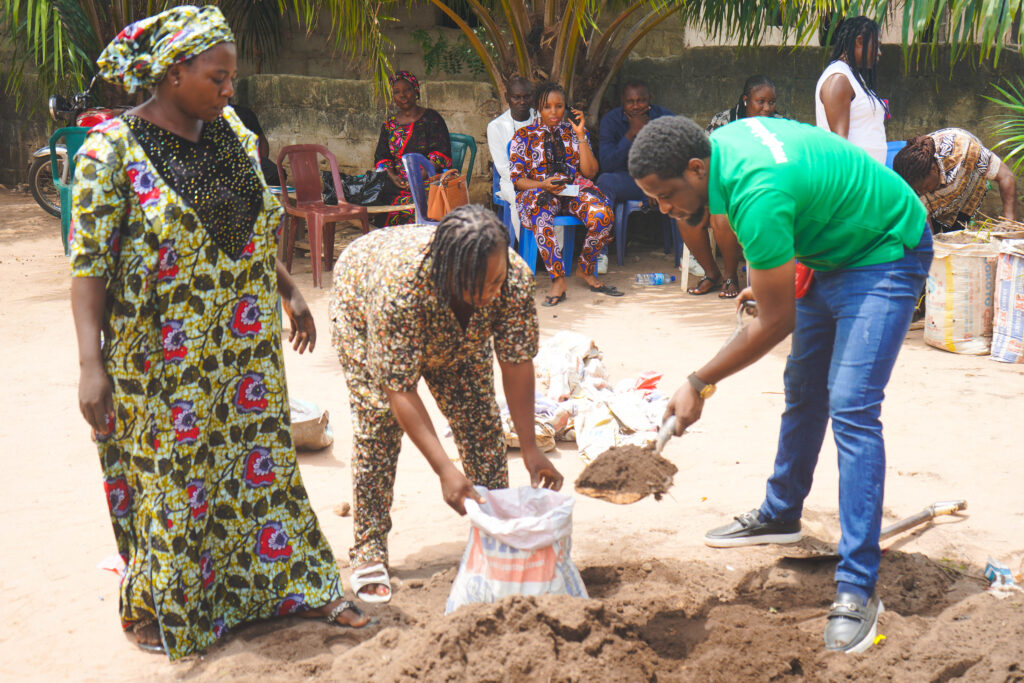Nigeria has been facing a tough reality. A reality where food prices are skyrocketing. From food items like rice to vegetables, the cost of putting food on the table is straining on household budgets and now a challenge. Food insecurity is one of the trending issues in Nigeria, which has an adverse effect on everyone especially low-income earners and people in vulnerable areas. But there is a glimmer of hope, growing in unexpected places and planting all year round. That is, we do not need to have a plot of land or farmland to grow our food; we can grow food crops on our balconies, backyards and even our rooftops. Urban farming is emerging, and it is a potential solution to combat food insecurity and a tool to empower communities.

Recent news shows a significant increase in food prices, the Consumer Price Index (CPI) for food commodities has steadily been climbing, putting a strain on families and this is not just an inconvenience, in as much as we try to adapt to these changes, it is a threat to food security, especially for low-income earners and people who find it hard to afford the least.
Enter Urban Farming
Experts and everyday Nigerians are turning to Urban Farming, as a way of fighting back and tackling hunger. Here is why it is promising.
- Increase in Food Production: The dependency on rural farmers to grow everything will reduce. Growing of vegetables, tuber crops and even some fruits in urban spaces can supplement household needs. This can also reduce reliance on store-bought produce, which is often more expensive and can be affected by transportation issues.
- Affordability and Control: Urban farming allows you to grow what you eat; it potentially lowers your grocery bill. It also gives you the option to choose organic and non- GMO seeds, giving you more control over the quality of your food.
- Community Resilience: Urban farms can also become hubs for knowledge sharing and collaboration. Communities can create gardens together, fostering social connections and a sense of self-sufficiency.
Challenges and the Road Ahead
Urban farming is not without its hurdles. For instance, access to land and water in a densely populated area can be a challenge. So, knowledge and resources are needed to ensure successful harvests. However, the potential benefits outweigh the difficulties, and the government, NGOs and agricultural institutions can play a crucial role in promoting urban farming by.
- Providing training programs on the best practices for urban farming.
- Facilitating access to land and water resources in urban areas.
- Supporting initiatives that connect urban farmers and share knowledge.

Consequently, Global Initiative for Food Security and Ecosystem Preservation (GIFSEP), is using Urban Farming as a tool to empower communities and bring some sense of relief in the face of rising food prices. And by harnessing the potential of urban spaces, GIFSEP is equipping communities to cultivate a more secure and sustainable food future, one backyard garden or sack farm at a time.
Anita Abah
